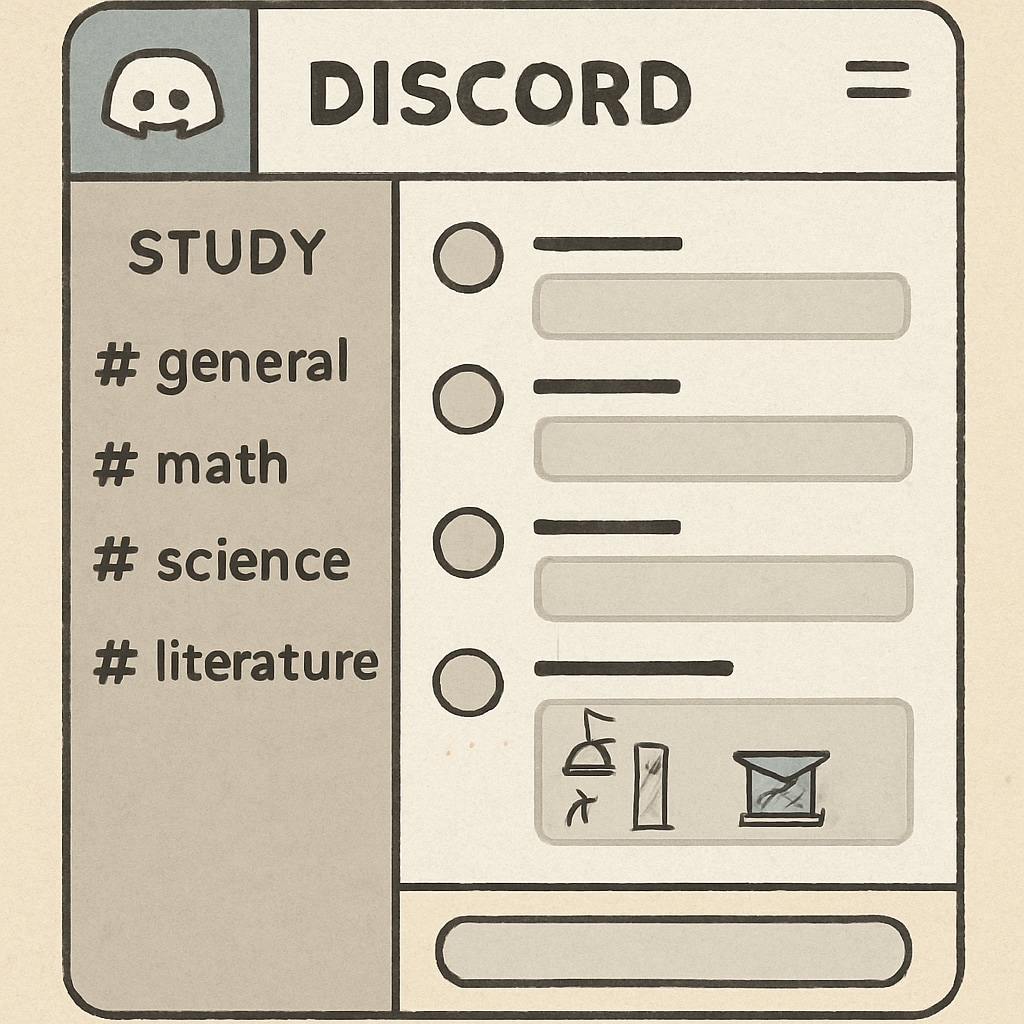In recent years, the importance of collaborative learning has grown significantly, particularly with the rise of virtual platforms like Discord. Inspired by the study groups at Houston University, K12 students can now leverage similar methods to elevate their learning experience. By using structured study groups and innovative communication tools, students can break free from traditional learning limitations, foster teamwork, and prepare themselves for future academic and professional challenges.
What Makes University Study Groups Effective?
University study groups are a cornerstone of collaborative learning, providing students with opportunities to share insights, tackle challenging topics, and learn from diverse perspectives. At Houston University, these groups are often organized around courses or shared interests, creating a productive environment for academic growth. Key features include:
- Defined objectives and clear agendas for each session
- Diverse participants with varied strengths
- Regular schedules to maintain consistency
For K12 students, adopting these principles can help them develop critical thinking and communication skills, which are essential for success in higher education and beyond.

How Discord Revolutionizes Collaborative Learning
Discord, originally designed for gaming communities, has evolved into a powerful tool for academic collaboration. Houston University students frequently use Discord to connect beyond physical classrooms, enabling seamless communication and resource sharing. Discord’s features that benefit learning include:
- Dedicated servers for specific subjects or interests
- Voice and video chat for real-time discussions
- File-sharing capabilities for exchanging study materials
- Custom roles to manage group dynamics effectively
By incorporating Discord into their study routines, K12 students can create virtual spaces that mimic university-level communities, fostering engagement and independent learning.

Building Structured Learning Communities for K12 Students
Creating a structured learning community requires careful planning and participation. Here are actionable steps for K12 students to emulate university-style study groups:
- Define Group Goals: Establish clear objectives, such as preparing for exams, mastering challenging topics, or completing projects collaboratively.
- Choose the Right Platform: Utilize Discord or similar platforms to facilitate communication and organize resources.
- Set Schedules: Agree on regular meeting times and agendas to ensure consistency.
- Encourage Participation: Promote active involvement from all members by assigning roles or tasks.
- Review Progress: Evaluate group achievements periodically to identify areas for improvement.
These steps not only enhance individual learning but also teach students valuable teamwork and organizational skills.
Why This Matters for K12 Students
Adopting strategies from Houston University’s study groups provides K12 students with a more interactive and engaging learning experience. Collaborative tools like Discord enable them to explore subjects deeply, gain new perspectives, and develop crucial life skills such as problem-solving and adaptability. As a result, they are better prepared for the academic rigors of college and the challenges of future careers.
For more information on collaborative learning and the benefits of structured study groups, explore resources like Educational Technology on Wikipedia or Learning on Britannica.
In conclusion, bridging the gap between K12 and university learning styles empowers younger students to achieve academic excellence and personal growth. With tools like Discord and strategies modeled after Houston University’s study groups, the possibilities for enhanced learning are limitless.
Readability guidance: Use defined steps and lists to simplify complex concepts; integrate transitional phrases to improve flow; ensure concise paragraphs for clarity.


